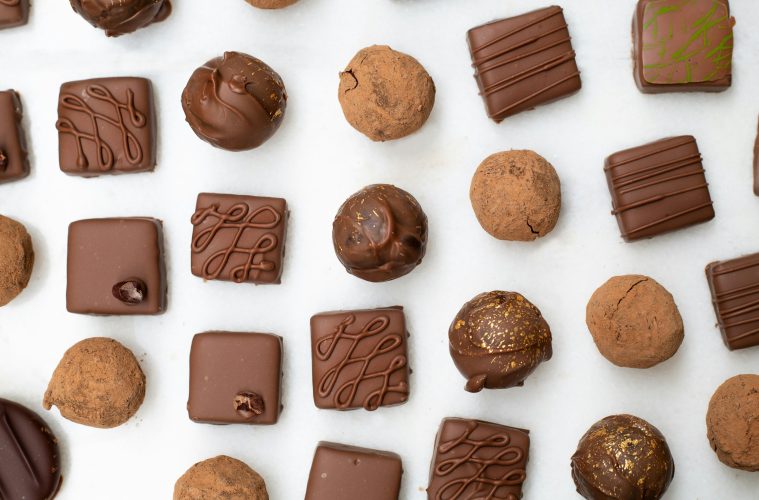The world’s rarest chocolate was discovered in Peru.
Four years ago, Dan Pearson and stepson Brian Horsley were working in Peru when they rediscovered something thought to be extinct for nearly a century.

One of Peru’s most expensive exports may never have come to be if not for two curious Americans on a mission, Good Food reports. Dan Pearson and Brian Horsley plucked samples of their discovery and sent them to the U.S. Department of Agriculture (USDA) for genetic testing. What those tests revealed was astounding – the Pure Nacional, Peru’s prized cacao tree was thriving in one of the highest altitudes ever reported for cacao trees.
Good Food writes that the cacao is being called Fortunato, named for the man on whose land the trees were found.
‘‘Prior to the Fortunato find, there were only a few genetically identical Nacional trees known. The find has helped us narrow down and localize the center of origin for Nacional; it’s an unprecedented discovery,” Lyndel Meinhardt, research leader at USDA’s sustainable-crops lab told Good Food.
Now the ingredient used to make the world’s rarest chocolate is being shipped from the high mountain valley of Peru to shops around the world, including that of chocolatier Igor Van Gerwen. The chocolate has gained popularity, not only because of the rediscovery, but also because the trees, which grow pods the size of footballs, create a rare mix of 40% white beans and 60% purple beans. This makes for a less bitter chocolate. Some pods produce 100% white beans, while still others produce 100% purple beans.
‘‘This is a very complex, powerful chocolate… it’s like no other,’‘ Van Gerwen, owner and chief chocolatier at the House of Anvers, in Latrobe, Tasmania, told Good Food.
The European-born chocolate connoisseur has exclusive rights to sell the world’s most sought after chocolate to the Austrian market, writes Good Food. His bars, which range in price from US$8-$10 (S/.23-37) are called Fortunato No. 4.
‘‘I’m from Belgium and I’ve tasted the world’s greatest chocolate, and this is the most rich, the most exquisite by far,” Van Gerwen, who plans to see the football-sized pods the trees produce in person in March, told Good Food. “This is what chocolate would have tasted like when it was being enjoyed by European royalty.’‘
The process for getting the cacao beans from their pods to the hands of Australians is a lengthy one. Good Food reports that the beans must be dried, fermented and roasted. That product is sent to Switzerland where a chocolatier processes it using the 1879 machines required to extract the chocolate without compromising its delicate nature. Finally, the chocolate is sent in to Tasmania, where Van Gerwen must again temper it to form into consumer-friendly blocks.
‘‘When I found out about the discovery of this unique cacao, I was so excited,’‘ he said to Good Food. ‘‘The rarity of the ingredient and importance of the discovery made me feel like it was my responsibility to give the Australian public the opportunity to try it.”
Original post featured on peru this week.

